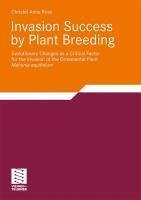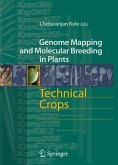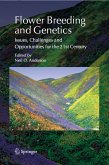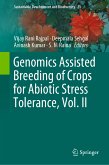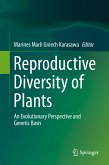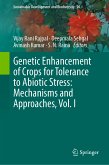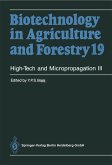Invasive species are a major threat to global biodiversity and cause significant economic costs. Studying biological invasions is both essential for preventing future invasions and is also useful in order to understand basic ecological processes. Christel Ross investigates whether evolutionary changes by plant breeding are a relevant factor for the invasion success of Mahonia aquifolium in Germany. Her findings show that invasive populations differ from native populations in quantitative-genetic traits and molecular markers, whereas their genetic diversity is similar. She postulates that these evolutionary changes are rather a result of plant breeding, which includes interspecific hybridisation, than the result of a genetic bottleneck or the releases from specialist herbivores.
Dieser Download kann aus rechtlichen Gründen nur mit Rechnungsadresse in A, B, BG, CY, CZ, D, DK, EW, E, FIN, F, GR, HR, H, IRL, I, LT, L, LR, M, NL, PL, P, R, S, SLO, SK ausgeliefert werden.

